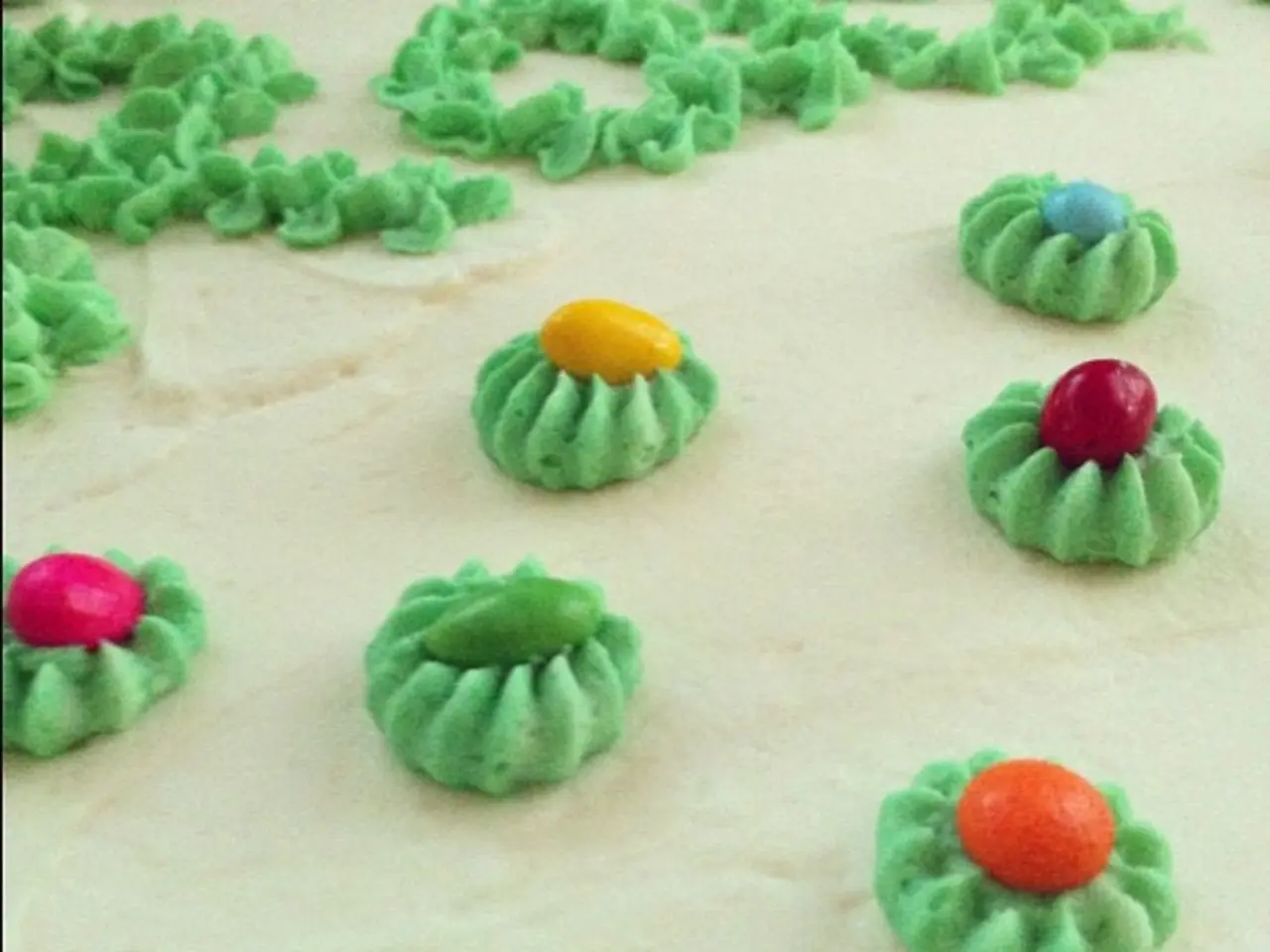Skin Sensitivity: Understanding Causes and Remedies
### Managing Sensitive Skin: A Comprehensive Guide
Sensitive skin, while not a medical diagnosis by itself, can be a challenge to manage due to its reactivity to various triggers. This article offers a range of home remedies and tips for identifying potential triggers to help you navigate this condition.
#### Home Remedies for Sensitive Skin
1. Aloe Vera Gel: Known for its soothing and cooling properties, aloe vera is an ideal remedy for reducing redness and calming irritated skin. However, before using it widely, it's essential to conduct a patch test to ensure you're not allergic.
2. Honey: Raw honey is a natural moisturiser and soother, helping to lock in moisture and reduce irritation. It can be applied directly to sensitive areas.
3. Oatmeal: Colloidal oatmeal is a natural anti-inflammatory that soothes itchy and irritated skin. It can be added to bath water or used as a face mask.
4. Green Tea: Green tea can be used as a toner or made into ice cubes for a refreshing rub. It helps balance the skin's sebum levels and reduce oxidation damage.
5. Cool Water: Using cool water for bathing helps prevent stripping the skin of its natural oils, which can exacerbate sensitivity.
#### Identifying Potential Triggers for Sensitive Skin
1. Dietary Triggers: Common food triggers include dairy, eggs, gluten, peanuts, sugars, fried foods, and processed foods. Identifying and avoiding these triggers can help manage eczema flare-ups and other sensitivity issues.
2. Environmental Factors: Exposure to extreme temperatures, harsh sunlight, and certain chemicals in skincare products can irritate sensitive skin. Minimizing exposure to these factors is essential.
3. Lifestyle Adjustments: Stress management, getting enough sleep, and maintaining a balanced lifestyle can help reduce skin sensitivity by minimizing stress-induced flare-ups.
4. Skincare Products: Avoid using products with alcohol, parabens, sulfates, and preservatives, as they can disrupt the skin's natural barrier and exacerbate sensitivity.
To identify triggers, keep a skin diary to record when symptoms occur and potential exposures. Consult a dermatologist for professional guidance on identifying and managing triggers. Introduce new skincare products one at a time to monitor reactions.
If symptoms persist or worsen, consult a dermatologist for professional advice. It's important to note that sensitive skin may be a symptom of an underlying condition, such as eczema or rosacea.
Broad-spectrum sunscreen with an SPF of 30 or higher can protect sensitive skin from UV rays. Hypoallergenic moisturizers and lotions may reduce dryness and irritation in sensitive skin.
People with sensitive skin may experience inflammation, irritation, and discoloration. Dry skin may cause symptoms such as redness, itchiness, and flakiness. People with dry skin may also have sensitive skin. Rashes or irritation can also occur from clothing or friction.
African Americans may have skin more susceptible to water loss and should take particular care to moisturize their skin. Allergic contact dermatitis can occur from contact with something to which a person is allergic, while irritant contact dermatitis can occur from products like soaps, laundry detergents, or exposure to water.
Photodermatoses is an abnormal reaction to sunlight within the skin, causing a rash, blisters, or scaly patches on exposed skin. Rosacea causes red skin and visible blood vessels, typically in the face, and may also include small, pus-filled bumps.
In conclusion, managing sensitive skin requires a combination of home remedies, lifestyle adjustments, and careful product selection. By identifying potential triggers and taking proactive steps to protect your skin, you can help maintain a healthy, comfortable complexion.
- Aloe Vera gel, with its soothing properties, can help reduce redness and calm irritated skin, but a patch test is advisable before widespread use.
- Raw honey, as a natural moisturizer and soother, can lock in moisture and reduce irritation when applied to sensitive areas.
- Colloidal oatmeal, being a natural anti-inflammatory, soothes itchy and irritated skin, and can be used in bath water or as a face mask.
- Green tea, used as a toner or ice cubes, helps balance skin's sebum levels and reduce oxidation damage.
- Using cool water for bathing can help prevent stripping the skin of its natural oils.
- Dietary triggers such as dairy, eggs, gluten, peanuts, sugars, fried foods, and processed foods may induce eczema flare-ups and other sensitivity issues, while exposure to extreme temperatures, harsh sunlight, and certain skincare chemicals can also irritate sensitive skin.




